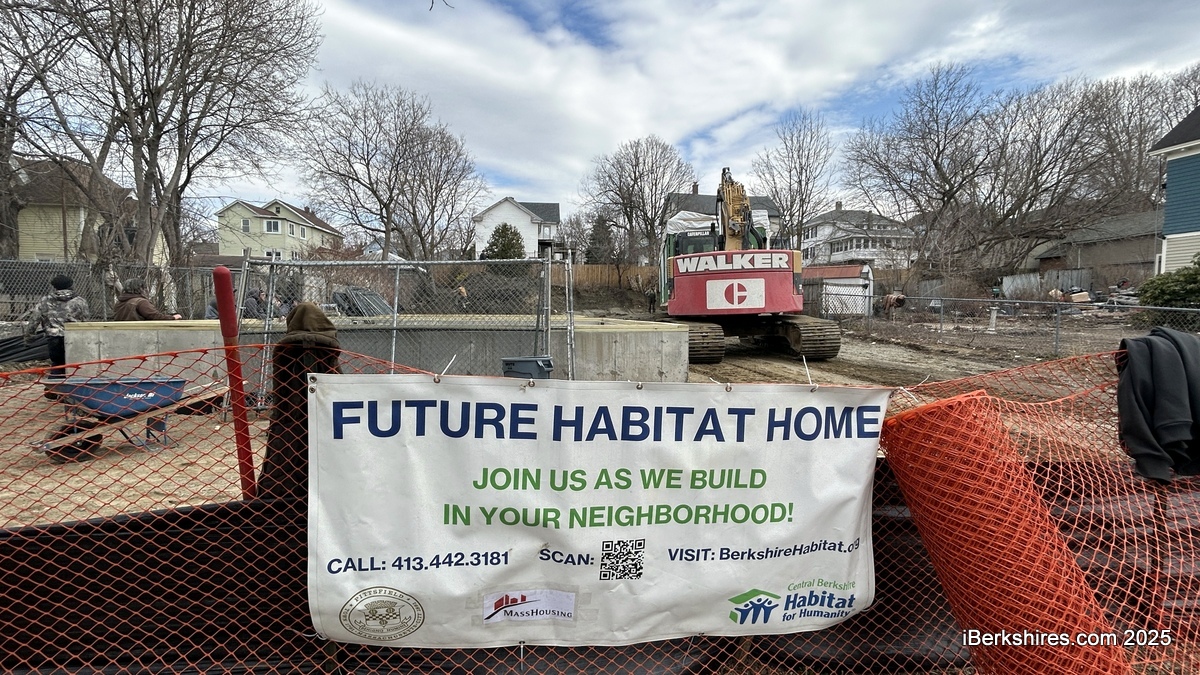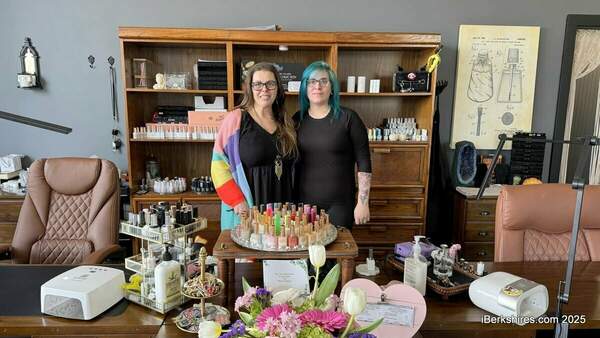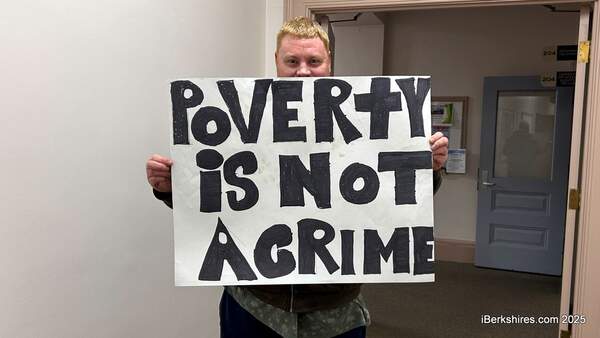Pittsfield Board of Health Considers Subcommittees
PITTSFIELD, Mass. — The Board of Health is considering developing subcommittees to take a deeper dive into topics within its purview.
Last week, the board's newest member, Dr. Jeffrey Leppo, a cardiologist, suggested the implementation of subcommittees for topics such as housing, opioid settlement, RF radiation, and community health.
It will be on the agenda for the board's next meeting and members are expected to bring ideas for possible subcommittees.
Leppo suggested the subcommittees because more than two members cannot discuss agenda items out of session due to the Open Meeting Law. Subcommittees with one or two board members would be a good resource.
"I think it would be helpful for the group to have more input into stuff that is going on on a regular basis," he explained.
He pointed out that it would also help inform members of the board before they are expected to take a formal vote and take some of the pressure off Director of Public Health Andy Cambi.
"I'm very open to it, like I said, it's not about dictating what the staff do, but more just having that collaboration or having that resource," Cambi said. "Because we all think all the board members are very valuable with their expertise."
Chair Bobbie Orsi recalled that the board previously used an ad hoc model -- which takes issues as needed -- and put that forward as an option.
"Subcommittees are only as good as the topics that you have because they can die real quickly," member Brad Gordon said, adding that he has seen higher productivity in ad hoc committees.
Leppo pointed out that the panels would report back to the board for a final decision. He described the proposal as "information gathering."
Member Kim Loring said it would be preferable to have two members of the board present on subcommittees to avoid bias.
With the mention of RF, or radio frequency, radiation, Orsi gave an update on the cell tower at 877 South St.
Late last month, residents of the Shacktown neighborhood filed a civil action suit in Berkshire Superior Court against Mayor Linda Tyer, City Solicitor Stephen Pagnotta, Pittsfield Cellular Telephone Co. (Verizon Wireless,) and the Board of Health.
It is an appeal of the board's June decision to rescind the order after the telecommunications company filed a case against the city of Pittsfield in federal court and is a request for declaratory relief.
Orsi reported that there was a conversation with the City Council with regard to further investigation of the neighborhood near the cell tower. She also reached out to the Massachusetts Board of Health Association and learned that the Academic Public Health Corps is looking into RF radiation.
"So we may have some opportunity to put something together at that site specifically to explore whether there's something different maybe is going on there," she said.
"So I didn't want to get too far, I called up quite a few of you just to explain that that was kind of happening but that's an area that seems reasonable to explore with these state agencies. So I don't have any more detail on it right now. It's very premature, and I just wanted to keep you in the loop."
The chair will likely ask Leppo to weigh in, as he is a resident of Lori Court, which is near the tower.
Despite the board being served in the suit, the filing parties have recognized its efforts in trying to litigate against the wireless company.
Founder of Americans for Responsible Technology Doug Wood thanked the panel during open microphone and presented them with a leadership award for their "outstanding public service, respect for science, and protection of public health."
The ART is a coalition of organizations that push back against 5G.
"My wife and I have traveled here tonight to give special recognition to the Pittsfield Board of Health for the actions that you've taken to protect the health and safety of the residents of Pittsfield," he said.
"Your situation has not been an easy one to endure and you certainly deserve the appreciation of tens of thousands of Americans across the country who are suffering from involuntary exposure to radiofrequency RF radiation."
In other news, the board discussed various suggestions for fine-tuning its tobacco regulations after being presented with them at its last meeting.
The two main suggestions address products that slip through the state's bans and "smoking bars." No decisions were made but the board suggested holding off on a new policy decision to regulate the sale of flavored rolling papers that do not have tobacco or nicotine in them and another regulation for "smoking bars."
The matter will also be on the next meeting's agenda and there will be a public hearing for the proposed changes in October.
Tags: cell tower,
















